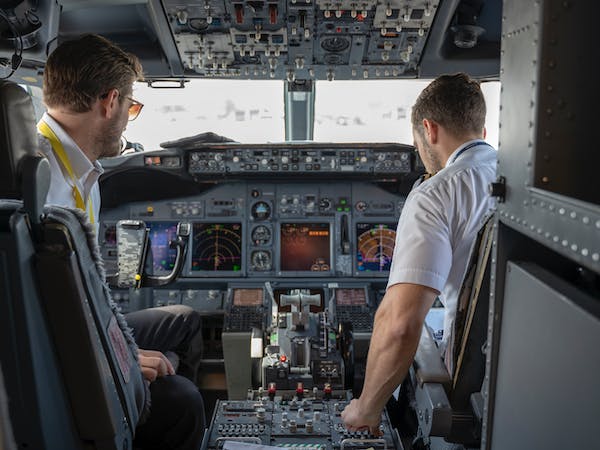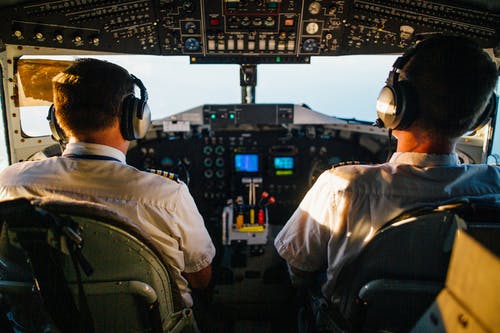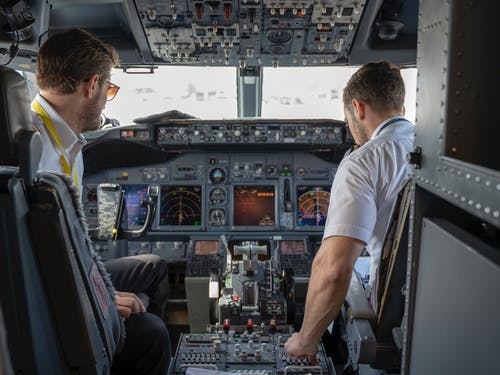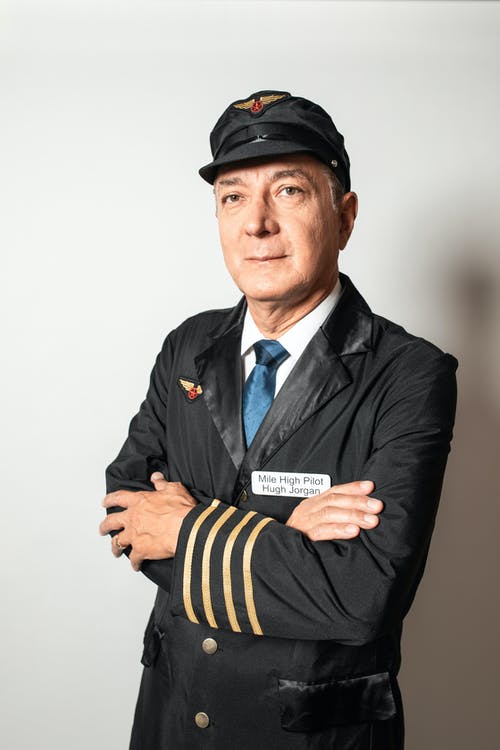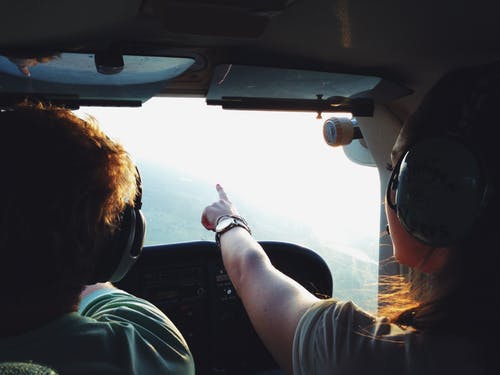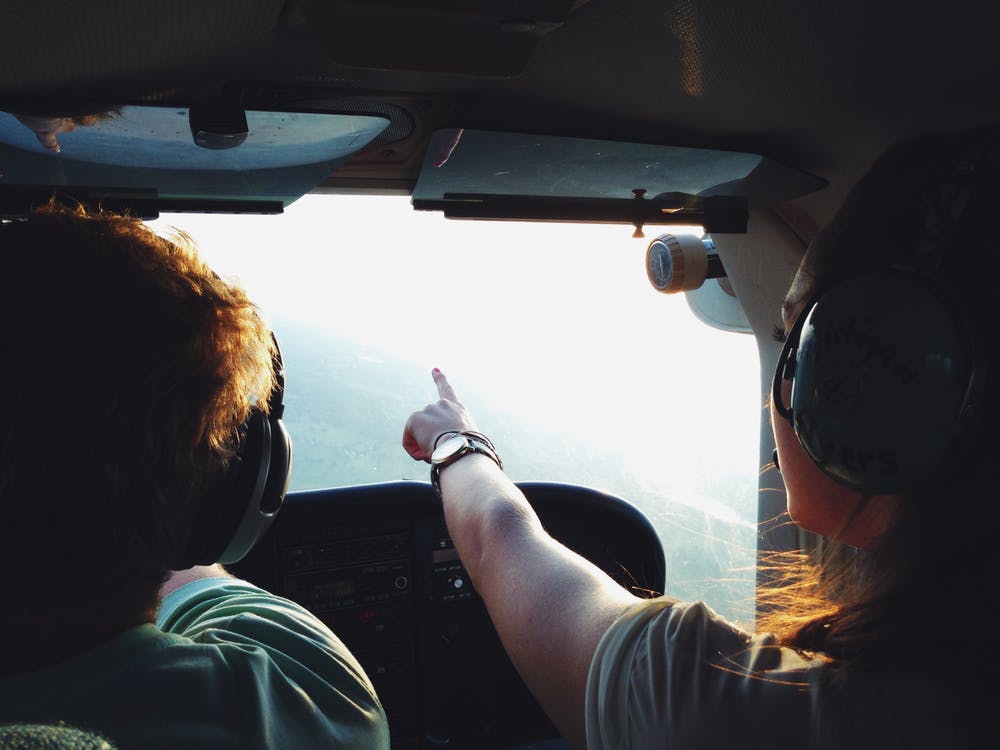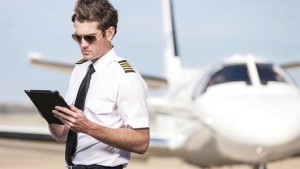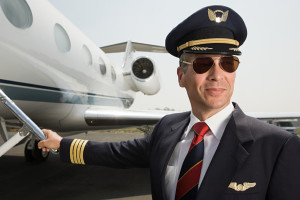In the aviation industry, pilots are the vanguards of safety. They are responsible for hundreds of passengers’ lives, cargo, and personal safety on a daily basis. However, the temptations and stressors of the job mean that many pilots struggle with substance abuse. Though the flight industry is making stronger efforts to prevent intoxicated pilots from entering the cockpit, substance abuse continues to present a safety hazard for passengers.
The Federal Aviation Administration (FAA) has strict requirements for substance abuse among pilots. Aviation personnel must comply with their employer’s policy on sobriety testing and must submit to random testing for drug detection. Pilot inebriation is taken so seriously because of the dangers of operating an aircraft under the influence.

A pilot’s primary function is to determine the flight path, altitude, fuel, and other aspects of the journey. Substance abuse affects the pilot’s ability to make decisions by impairing judgment and reaction time. It can also lead to confusion and distraction. In some cases, it can even cause a pilot to pass out while in flight, leaving the aircraft helplessly on autopilot.
The main risk of allowing an inebriated pilot to fly is an increased likelihood of an aviation incident. Flight crew members with substance abuse issues may choose to avoid safety protocols and engage in risky maneuvers. These doctors could put passengers and their airlines in danger of an accident. The National Transportation Safety Board estimates that drug or alcohol use were factors in the deaths of 27 individuals in aircraft accidents from 2005-2015.
In addition to increased risks of an aviation incident, substance abuse among pilots can lead to decreased job satisfaction and morale among the cockpit crew. This can lead to decreased quality of service for passengers due to inadequate communication, a lack of cooperation, and a general decrease in performance. Pilots may also become unable to operate the aircraft without overexertion. This could lead to delayed or canceled flights, causing passengers discomfort and potential losses.
Fortunately, the aviation industry is actively seeking ways to reduce substance abuse among pilots. Many airlines have implemented zero-tolerance policies for substances including alcohol and drugs, and random alcohol testing is commonly conducted. Airlines also often provide support for pilots struggling with addiction. Substance abuse prevention courses and seminars are regularly offered to pilots.
In conclusion, substance abuse is a serious problem in the aviation industry. Pilots are responsible for the safety of hundreds of passengers, and drug or alcohol use can impair these crucial duties. The aviation industry is taking steps to reduce substance abuse among pilots, but ultimately it is the individual pilot’s responsibility to make sure their substance use does not interfere with flight safety.

